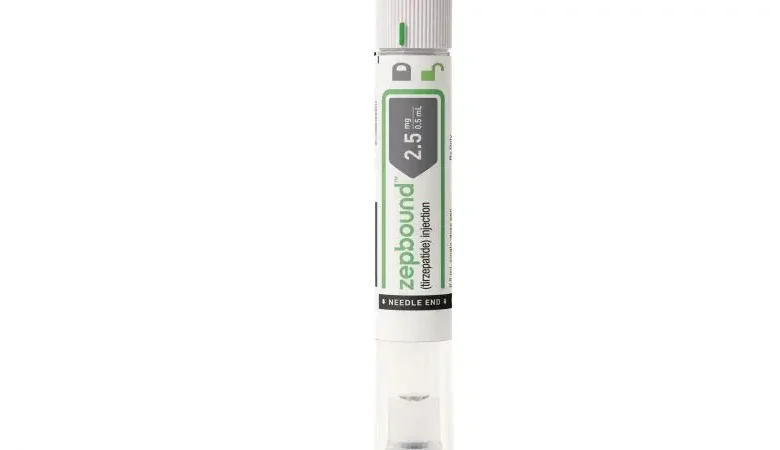America approves “Zepbound”, a drug to counter obesity

The US Food and Drug Administration (FDA) has recently given its approval for Eli Lilly’s highly anticipated weight-loss drug, Zepbound, which targets people with obesity.
This announcement adds Zepbound to the list of other powerful and profitable obesity medications already available on the market, such as Novo Nordisk’s Ozempic and Wegovy.
Experts from JPMorgan have estimated that the sales of GLP-1 drugs, including Zepbound, will reach $140 billion by 2032, with the market mainly dominated by Novo Nordisk and Lilly.
The active ingredient in Zepbound, tirzepatide, was previously approved under the name Mounjaro as a diabetes control drug also manufactured by Eli Lilly.
America approves “Zepbound”, a drug to counter obesity

Zepbound is administered through weekly injections and has been specifically indicated for patients who are either obese or overweight and have at least one weight-related condition, like high blood pressure, type 2 diabetes, or high cholesterol. The FDA’s John Sharetts states that the approval of this new drug is in response to the rising rates of obesity and overweight individuals in the US, addressing a significant medical need.
In a clinical trial involving over 2500 adults, participants who were given Zepbound, in addition to dieting and exercise, lost an average of 48 pounds (22 kilograms) with the highest dose and 34 pounds with the lowest dose, compared to just seven pounds for those on a placebo. The average weight of participants at the start of the trial was 231 pounds.

With approximately 70% of American adults classified as obese or overweight, losing five to ten percent of body weight through diet and exercise has been linked to a reduced risk of cardiovascular disease.
Joe Nadglowski, president and CEO of the Obesity Action Coalition, acknowledges the significance of new treatment options for individuals struggling with obesity and seeking improved methods of weight management.
Despite its high price tag of $1,059.87 per month, making it potentially inaccessible to many due to lack of insurance coverage, Zepbound is expected to offer hope for weight loss. While Medicare cannot cover the drug, individuals with insurance may pay just $25 for a one-month or three-month prescription.
However, Zepbound does come with side effects, including nausea, diarrhea, vomiting, constipation, abdominal discomfort, injection site reactions, fatigue, allergic reactions, burping, hair loss, and gastroesophageal reflux disease. It has also caused thyroid C-cell tumors in rats, but its effects on humans are uncertain.










